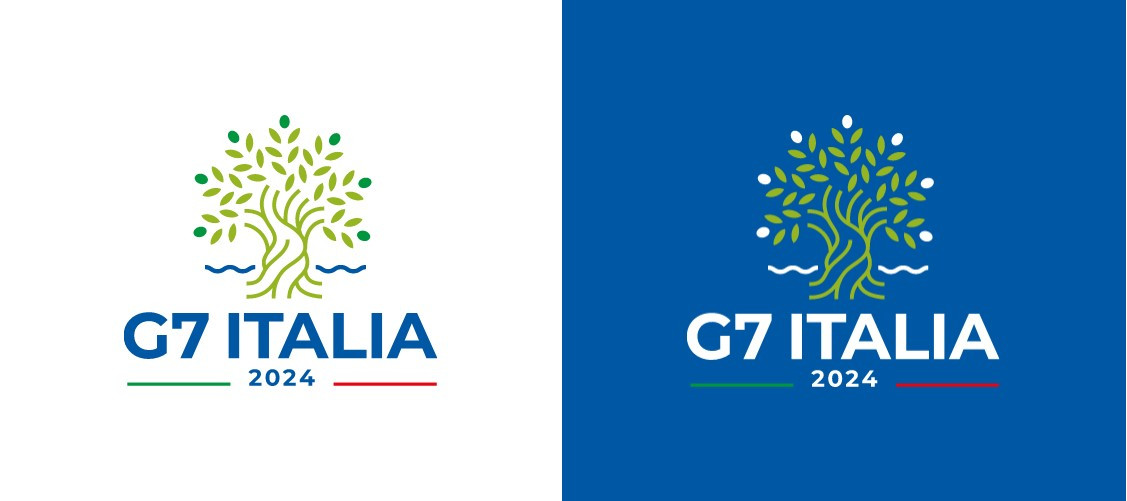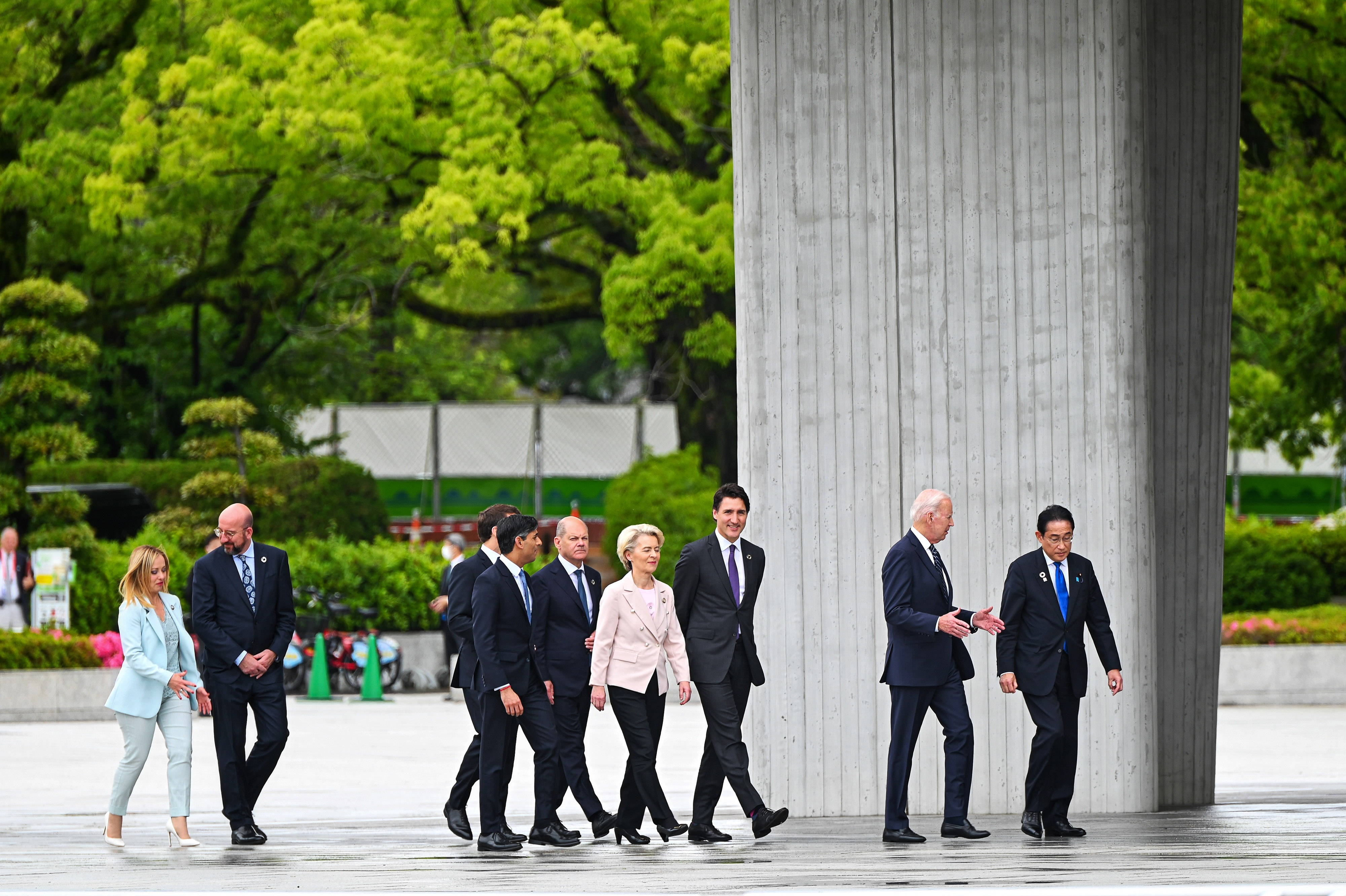Italy's international climate policy remains ambiguous as G7 presidency begins – analyst
Clean Energy Wire: Italy has just taken over the presidency of the G7. What kind of leadership can the government show on climate at the international stage?
Luca Bergamaschi: There is much ambiguity. On the one hand there have been important steps, such as the establishment of the Italian Climate Fund, or the participation in the loss and damage fund announced at COP28 in Dubai last year. Meloni has also given important signals on climate adaptation.
However, Italy it is weak on core mitigation and energy issues. Gas is still tops every strategy, the country is far behind on electric mobility, and it is focusing on biofuels as an automotive solution, contrary to European advice.
The climate agenda is all in prime minister Giorgia Meloni's hands, while there is no overarching government strategy. Other ministers are weak on the climate agenda.
How does the G7 presidency tie in with other important events this year?
The leaders' summit in Borgo Egnazia in June comes a week after the EU elections which could consolidate Meloni's role as a key figure at the European level. The G7 summit could thus be an opportunity of celebration of this affirmation.
At the political level, it is important to visualize the sequence of events. After the G7, there is the G20 summit and the UN climate change conference COP29. There is still much expectation about how the G7 can direct public and private financial flows to support decarbonisation. There is growing discontent about the relationship between G7 and other powers. G7 countries are struggling to keep their promises and justify contradictions in their energy policies. There is great anticipation about how Meloni will handle all this and emerge from this climate of distrust between the involved parties.
Climate to become cross-cutting priority during Italy’s G7 presidency – special envoy
Will the upcoming so-called Mattei Plan for closer cooperation with Africa be a useful tool in terms of climate action?
We can better judge once we know the details. Above all, we need to see if it will be able to meet the needs of African countries, both those of governments and civil society. A lot of work will be needed to listen and gather the demands.
We need to see if the plan will enable further fossil expansion. That is where we will be able to assess its utility. The plan could have two opposing outcomes. The first is a plan that confirms ENI's strategies and will effectively be an Italian tool for fossil fuel expansion, with limited impact. Or it is a plan that is in line with the goals of COP28, in which case it will also succeed in engaging the G7 countries.

How will the relationship with state-owned oil and gas company ENI influence Italy's strategies?
The government has the power to direct ENI's actions, directly or indirectly, through policies that support more tech innovation and help market players move toward a transition. Meloni chose to confirm the CEO [Claudio Descalzi] who has a gas plan that contradicts the commitments signed by the government at COP28 in Dubai. The government does not recognize this contradiction; on the contrary, it is unfortunately insisting on fossil solutions that take us in the opposite direction from decarbonisation.
What are other aspects to look at to understand how Italy will move forward on climate and energy?
Whether Italy will be able to improve its energy and climate plan in the coming months and make it aligned with the 1.5°C targets and credible to all actors. From there we will see the level of Italian ambition for the next 10 years and also the ability to respond to the fears of citizens and businesses.
The government must be careful to take responsibility and not blame European targets or environmentalist movements. Clashes within the governing majority are possible, with infrastructure minister Matteo Salvini opposing European policies on electric mobility. Environment and energy security minister Gilberto Pichetto Fratin also remains very ambiguous on gas. These are positions that could ultimately isolate Italy.

